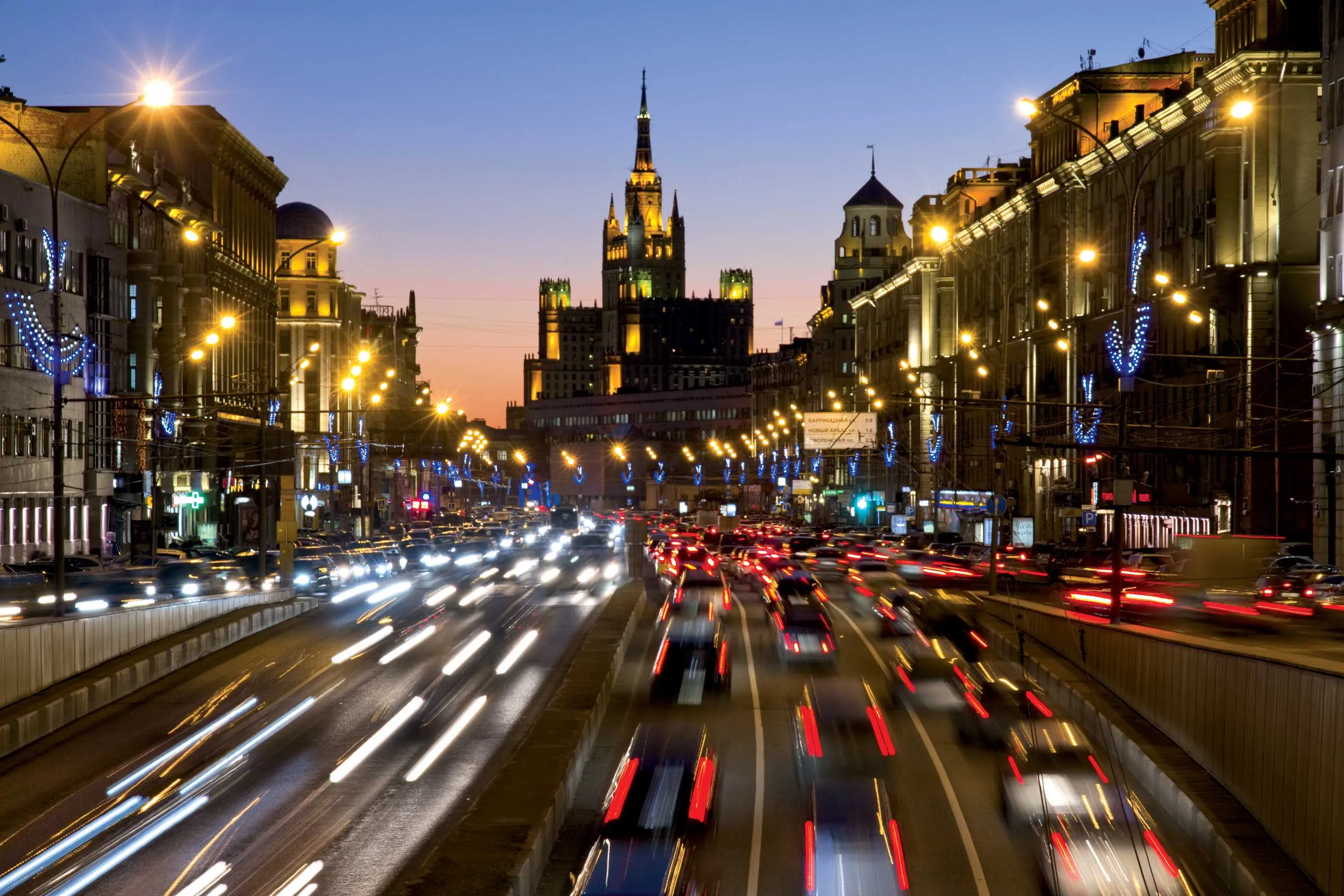As a modern bustling megacity, Beijing is undergoing a fast growth rate and the country’s economic development has seen vehicle numbers increase rapidly, both in its capital and in other major cities. However, the recent pollution problems that hit several of China’s major cities, including capital Beijing, have underscored the need to reduce vehicle exhaust emissions in the country. The Chinese Government has recognised the need to address the problems of air pollution and congestion and Beijing in particu
November 15, 2013
Read time: 3 mins

As a modern bustling megacity, Beijing is undergoing a fast growth rate and the country’s economic development has seen vehicle numbers increase rapidly, both in its capital and in other major cities. However, the recent pollution problems that hit several of China’s major cities, including capital Beijing, have underscored the need to reduce vehicle exhaust emissions in the country. The Chinese Government has recognised the need to address the problems of air pollution and congestion and Beijing in particular looks likely to see some major changes in the future.
The need for change is clear. Emissions from car exhausts are thought to generate around a third of the airborne particulate matter in Beijing’s most congested areas.
The aim of the plan is to cut airborne particulate matter levels by 25% by the end of 2017, compared with the levels recorded in 2012. From 2014, vehicles from outside Beijing will not be allowed to enter the city past the sixth ring road unless they have been given permission. At present, cars from other provinces are not allowed to enter the city past the fifth ring road during peak periods in the morning and afternoon.
By the beginning of 2013, some 5.2 million private cars were registered in Beijing.
By comparison, Mexico City had 5.5 million registered vehicles in 2011 and unfettered growth in the Latin American city means that this could reach 10 million vehicles in only a few years. Like Beijing, Mexico City suffers badly from air pollution. But while Mexico City’s authorities have taken some steps to reduce the problem, it seems likely that Beijing will see much stronger measures being taken.
The city authorities intend to restrict the growth of private car ownership to 6 million vehicles by 2017. The authorities are also considering implementing a congestion charging scheme for motorists and banning the use of private cars at certain times of the day and in particular areas of the city.
Should the congestion charge scheme get the go-ahead, it is likely to be implemented for vehicles being used in the downtown area of Beijing. However, detailed plans for the scheme have yet to be revealed by the Beijing Environmental Protection Bureau and the Beijing Commission of Transport.
Beijing’s drivers already face restrictions on when they can use their vehicles. Cars can be used on certain days in the centre of the city, depending on whether the licence plate ends with an odd or an even number.
The Chinese Government has been encouraging the country’s auto manufacturers to develop electric vehicles, with various models already on the market and others now close to being launched. While Europe, Japan and the US have held the technological lead in motor vehicle development over many years, Chinese companies are now amongst the leaders in electric vehicles. Chinese companies have also become amongst the leaders in battery technology while Chinese customers can benefit from financial assistance when purchasing electric vehicles.
The need for change is clear. Emissions from car exhausts are thought to generate around a third of the airborne particulate matter in Beijing’s most congested areas.
The aim of the plan is to cut airborne particulate matter levels by 25% by the end of 2017, compared with the levels recorded in 2012. From 2014, vehicles from outside Beijing will not be allowed to enter the city past the sixth ring road unless they have been given permission. At present, cars from other provinces are not allowed to enter the city past the fifth ring road during peak periods in the morning and afternoon.
By the beginning of 2013, some 5.2 million private cars were registered in Beijing.
By comparison, Mexico City had 5.5 million registered vehicles in 2011 and unfettered growth in the Latin American city means that this could reach 10 million vehicles in only a few years. Like Beijing, Mexico City suffers badly from air pollution. But while Mexico City’s authorities have taken some steps to reduce the problem, it seems likely that Beijing will see much stronger measures being taken.
The city authorities intend to restrict the growth of private car ownership to 6 million vehicles by 2017. The authorities are also considering implementing a congestion charging scheme for motorists and banning the use of private cars at certain times of the day and in particular areas of the city.
Should the congestion charge scheme get the go-ahead, it is likely to be implemented for vehicles being used in the downtown area of Beijing. However, detailed plans for the scheme have yet to be revealed by the Beijing Environmental Protection Bureau and the Beijing Commission of Transport.
Beijing’s drivers already face restrictions on when they can use their vehicles. Cars can be used on certain days in the centre of the city, depending on whether the licence plate ends with an odd or an even number.
The Chinese Government has been encouraging the country’s auto manufacturers to develop electric vehicles, with various models already on the market and others now close to being launched. While Europe, Japan and the US have held the technological lead in motor vehicle development over many years, Chinese companies are now amongst the leaders in electric vehicles. Chinese companies have also become amongst the leaders in battery technology while Chinese customers can benefit from financial assistance when purchasing electric vehicles.







